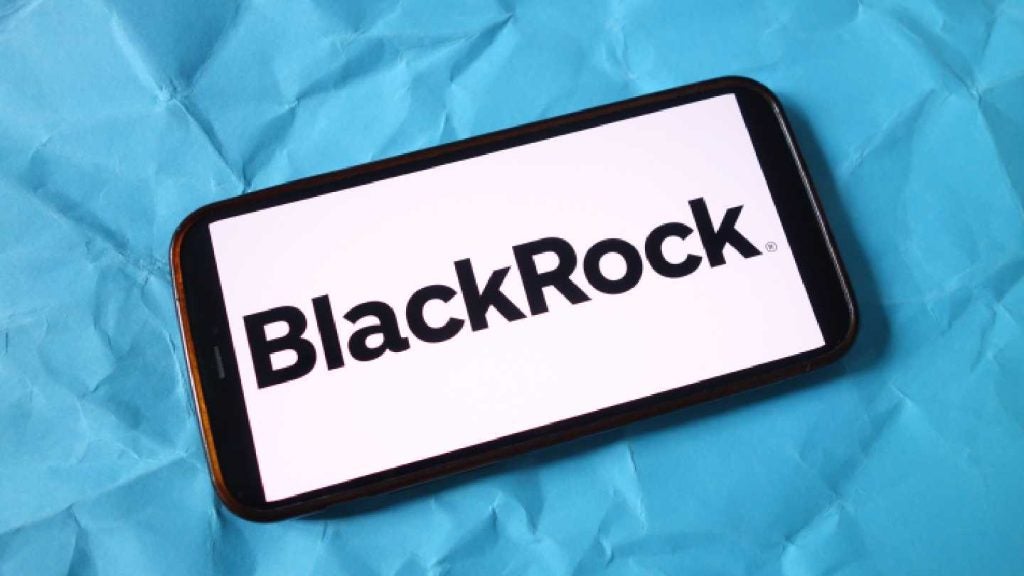Australia’s equity crowdfunding space is still in its infancy, but demand is expected to skyrocket as millennials and Generation Z are looking for new investment avenues as well as investments they are passionate about.
It has only been four years since equity crowdfunding started in Australia. In 2018, proprietary limited companies were allowed to have an unlimited number of investors. In that year, A$14.4m ($10.1m) was raised in 18 deals. By 2021, the number of deals had grown five times to A$71.2m ($51.5m).
And demand is far from sated. Retail equity trading exploded at the onset of the pandemic, as an avalanche of new investors entered the market looking to capitalise on volatility and cheap buying opportunities. These new entrants are typically younger investors, falling into the millennial or Generation Z cohort, and it is the latter segment in particular that will drive uptake of crowdfunding.
When asked to choose between options in terms of how they approach their finances, 39% of Generation Z opted for new experiences and innovative products as opposed to tried and familiar options, according to our 2021 Financial Services Consumer Survey. This proportion dropped to 14% among baby boomers. Younger Australians are also more likely to choose investments that align with their values.
For companies this means they gain access to an investor base that is more likely to be emotionally invested, and as such will act as a brand advocate. Meanwhile, investors have the chance to become part of a start-up before it gets listed – something that is normally reserved for institutional investors.
Awareness of equity crowdfunding is still relatively low, but this is changing. With a seven-year headstart, equity crowdfunding started to gain traction in the UK in 2011. As of 2020, the sector was worth A$617 million ($469 million).

US Tariffs are shifting - will you react or anticipate?
Don’t let policy changes catch you off guard. Stay proactive with real-time data and expert analysis.
By GlobalDataGlobalData’s Australia Retail Investments & Superannuation Analytics notes that unlisted equity grew at roughly the same pace as listed shares between 2015 and 2020, with a compound annual growth rate of 6.5% compared to 6.9%. However, that was during a bull market when the All Ords increased by almost 30%. Over the next five years this is unlikely to be the case, as mounting inflationary pressures and more restrictive monetary conditions are dampening stock market growth.
This, combined with increased short-term volatility, means investors will be more inclined to look for alternative, more long-term investments. At the same time, start-ups will be more inclined to explore alternative funding measures in a more challenging interest rate environment. Now is the time for Australia’s equity crowdfunding market to take off, and we are likely to see growth rates overshadowing those of listed investments.










